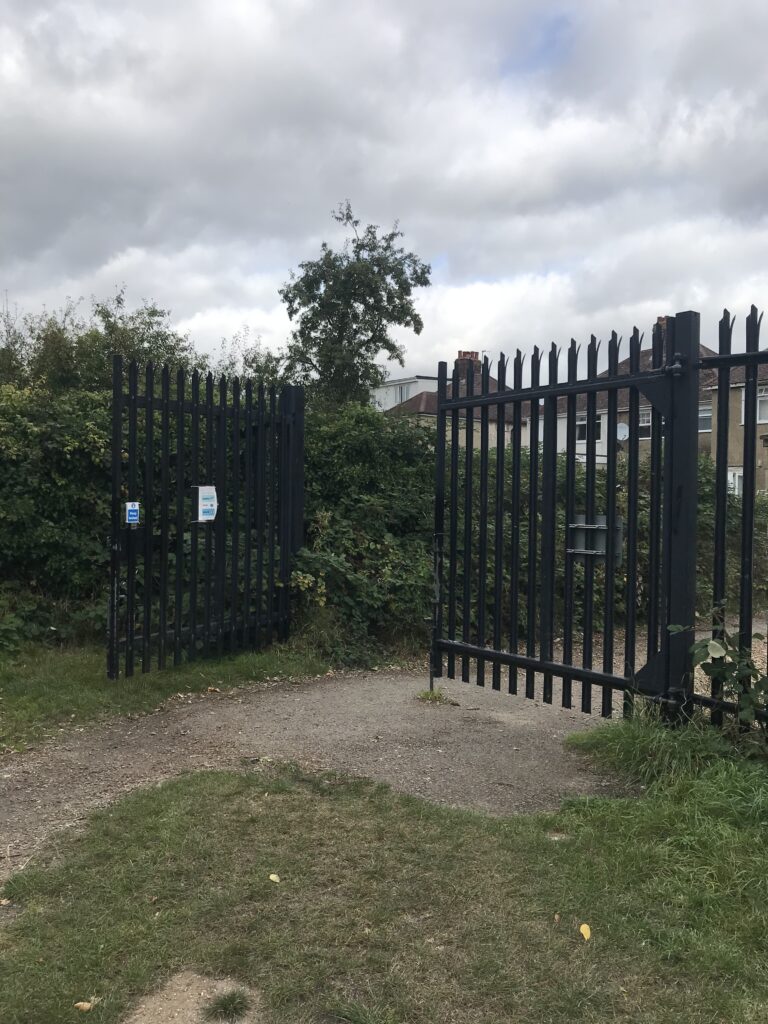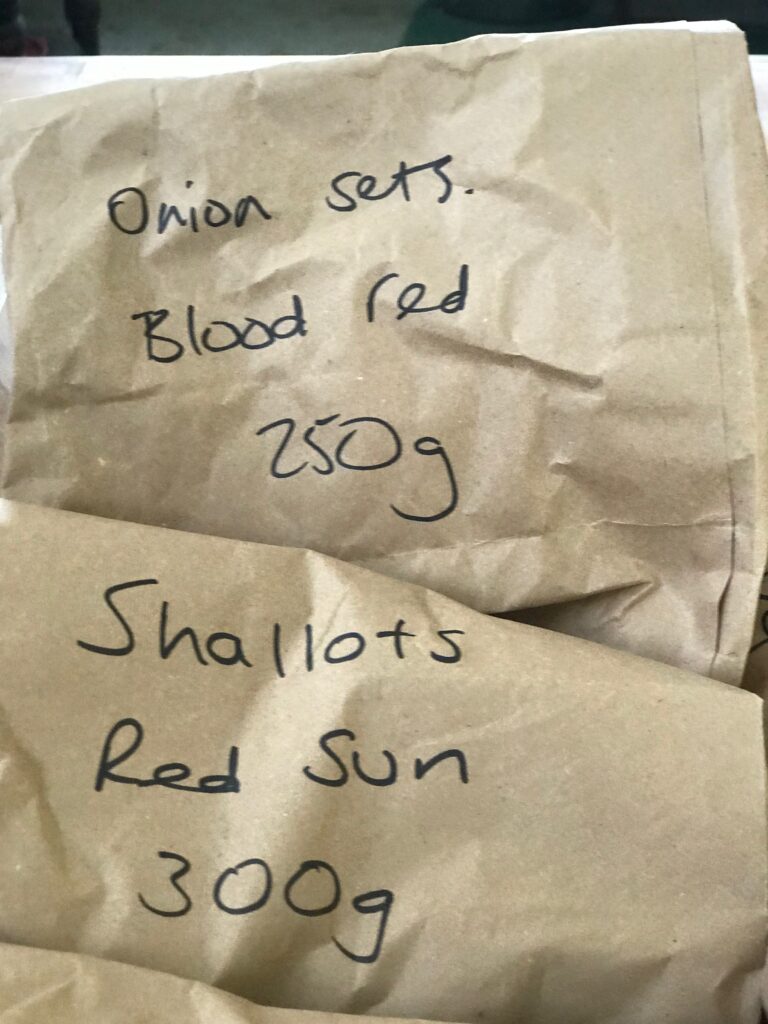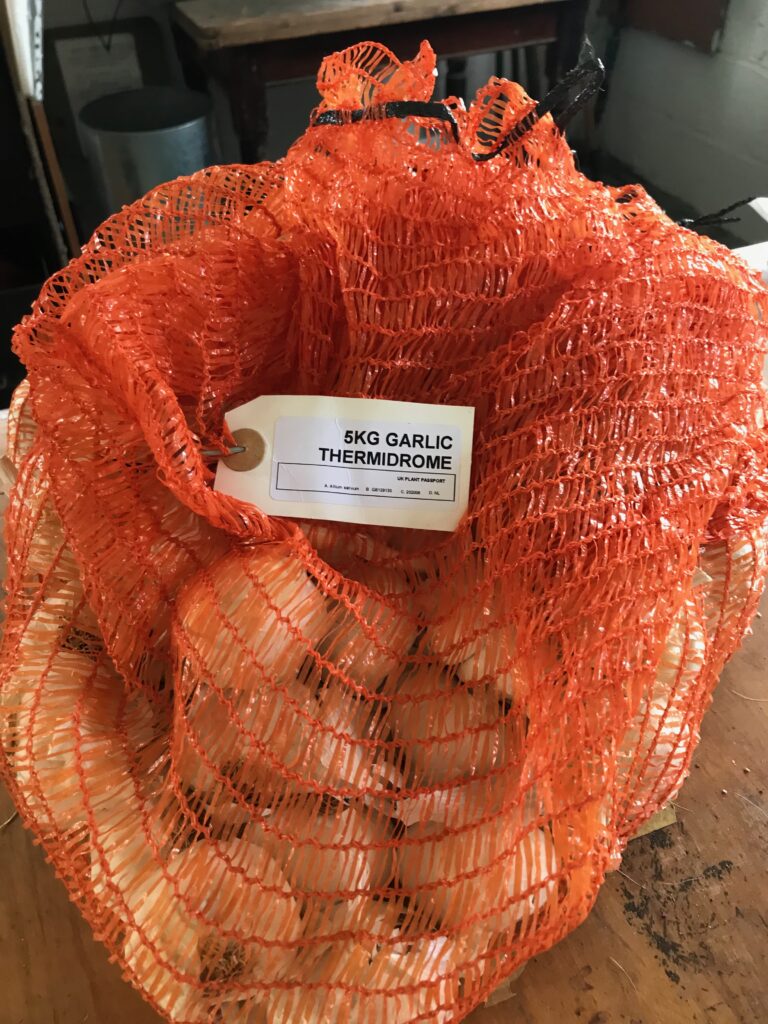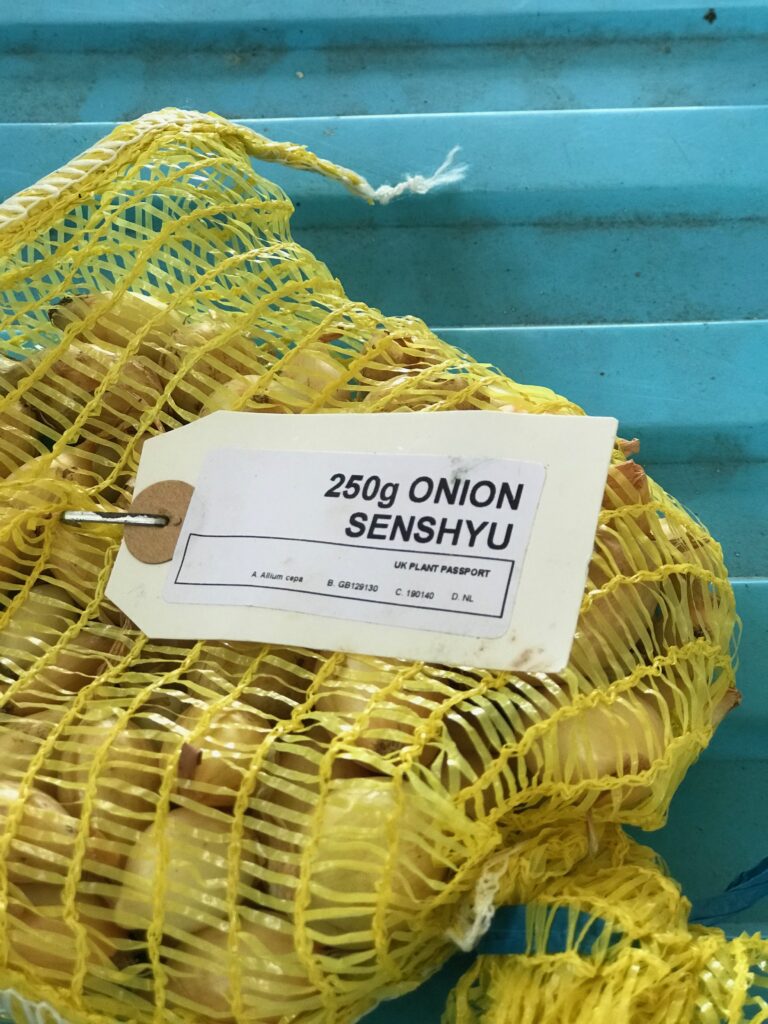Dear EWAA Members,
The Allotment has a busy weekend in its calendar in the middle of October, so please put these dates in your diary now, and join us in the annual Autumn activities:
SATURDAY 16th OCTOBER
Work Party
Various locations and tasks across the site
10:00~12:00
Apple Juicing
Under gazebos outside the Shop
Bring clean bottles with a lid, your surplus harvest, and any windfalls
14:00~16:00
SUNDAY 17th OCTOBER
Work Party
Various locations and tasks across the site
10:00~12:00
EWAA Annual General Meeting
Under gazebos outside the Shop
12:00~13:00
Details of each separate event will follow soon, and notices will go up on the gates.
We’re really looking forward to seeing you over that weekend, and to welcoming new members who have yet to experience the harvest season at the East Ward site!
EWAA Committee





